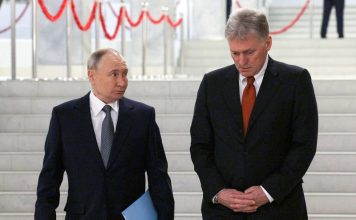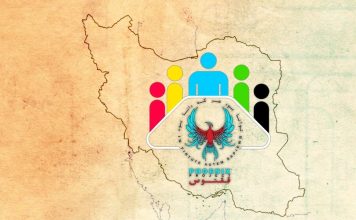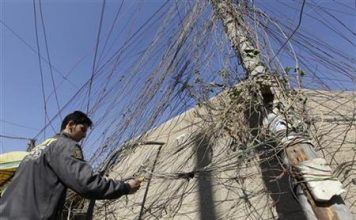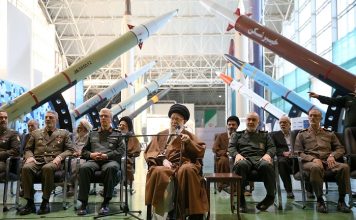
The Islamic Republic of Iran has resumed its drive to enforce requirements of women wearing the hijab, after a lull for the Persian new year holidays that coincided with a threat of a major war with Israel and the West. The first day of the Persian year was March 21, and the country broadly shuts down until early April, though this year, this ancient festivity coincided with the Islamic fasting month of Ramadan.
In 2022, authorities sparked a nationwide revolt for the violence with which police were enforcing hijab rules, which led to the death of Mahsa Amini, 22, in custody in Tehran.
It seemed that after the revolt, the state might tire of chasing and beating girls over a headscarf, but authorities have recovered their intransigence in a matter seen as crucial to the regime’s identity.
Police began vigorously, and often violently, enforcing hijab rules on the streets of Tehran on April 13-14, days after the country’s Supreme Leader, Ali Khamenei, told a congregation marking the end of Ramadan, that police must be given a free hand in dealing with provocative women, even as he claimed “the Islamic Republic doesn’t want to force anyone to become pious.”
He complained that more people had, reportedly, flouted hijab rules and had even eaten in public — breaking the fast — the preceding month of Ramadan.
The regime’s crackdown against women continued even amid the most dangerous regional crisis in decades as Iran and Israel exchanged air strikes over the past 10 days.
Iran’s so-called “morality police” reportedly arrested the older sister of Nika Shakarami, a 16-year-old, who was killed during the 2022 anti-government protests. Aida Shakarami, 22, was accused last week of “not adhering to compulsory hijab” by morality police in Tehran.
The new police drive: Nur
The new police drive was given the name Nur or Light, and the country’s police chief, Ahmadreza Radan, said people had been duly warned. Indeed prominent preachers had been calling for the measures in preceding days, echoing Khamenei”s earlier remarks.
The head of the morality patrols in the central province of Isfahan, Muhsin Mazaheri, told his staff they had to deal with the hijab issue like a “holy war” or jihad. Dressing right was a moral priority, he said, but without a specific hijab authority,” collective effort was needed to guard public decency.
By not wearing a headscarf, she is collaborating with an enemy that is not only targeting Islam but this homeland.
Zealots and militia may use his remarks to adopt more vigorous or even violent methods on the street where women are, at best, reminded to tighten their headscarves and at worst, manhandled and possibly beaten before facing fines.
Mazaheri chided officials for “failing to see” how “enemies” were influencing people into loosening up on clothes, and for lacking “the courage” to react.
The West influence on headscarfs
Another crackdown and call to order came in the northeastern city of Mashhad, where prominent preacher Ahmad Alamulhuda recently chiding public “lewdness.” Alamulhuda also happens to be the father-in-law of arch-conservative Iranian President Ibrahim Raisi.
Any girl with a loose headscarf, he said, “should know she is collaborating with an enemy that is not only targeting… Islam but this homeland.” In Karaj outside Tehran, the chief preacher, Mehdi Husseini-Hamadani, also blamed the West for the violations of hijab requirements because they “hate Iranian women” for their “presence” in the 1979 revolution that brought the regime to power.

The country’s chief prosecutor, Muhammad Movaheddi-Azad, said the same: public indecency had nothing to do with “economic conditions” and were clearly the work of “the foreign hand.”
The country is finalizing the text of a new Hijab Law, which may include measures like fining “poorly-veiled” women (spotted on camera) by direct debit from their bank accounts.
All rights reserved@Worldcrunch in partnership with Kayhan London/Life













